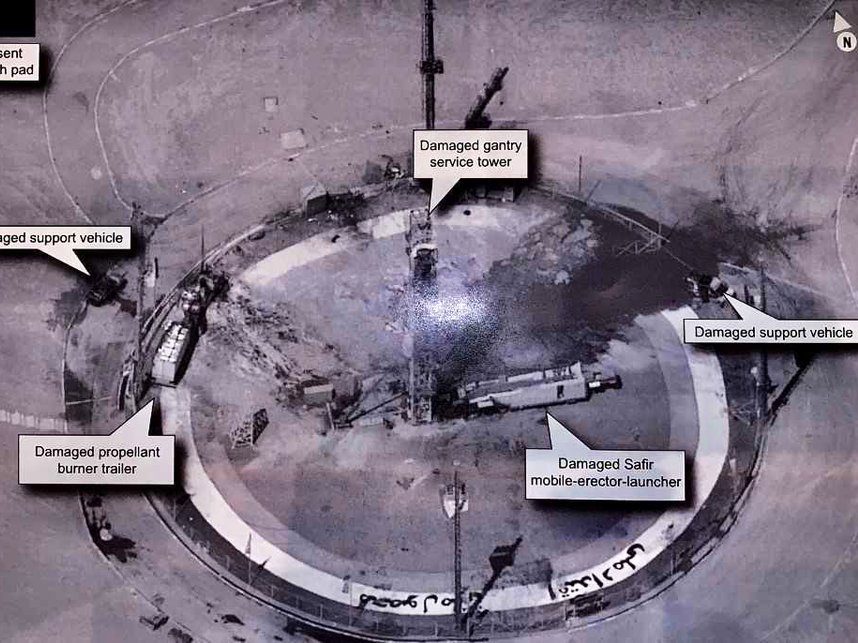The notion of acceleration is not a new one. Deleuze, Land, Negerastani all have had more interesting things to say about time and decay than me. The underlying conception of time in this essay does not deal directly with the occult or capital. My goal is to think in rather strict terms, loosely guided by the ideas of Thorsten Veblen, about human time, machine time, and the cultural impulse to merge the two. To be clear, when I say “cultural impulse” I do not refer to a collective desire but rather a collective submission to the will of technocrats who are motivated to further engender technological time into our lives.
Super-computing and soon quantum-computing reframe time in ways the human brain is incapable of conceiving in a meaningful way. Calculation machines go fast and that’s wild. Before human sapience, the world moved at what humans would consider a glacial speed. This is what we think of as geological time —time shaped by natural events, seasons, changes in weather patterns and climates, migration patterns of animals, and of course geology. Rocks are our best connection to the deep past, the future, the ocean, and space.
When humans became sapient and stopped living in the eternal present, started looking towards the future, and slowly started trading goods and information, we as a species became mentally detached from this geological time, and as computers become increasingly intelligent and efficient at gathering, analyzing, and sharing information, we see ourselves losing touch even with human time, which must seem not only small but slothful through the lens of a KH-11 crystal electro-optical recon satellite linked to a series of NRO super-computers.

I’m not the first to remark on the feeling imposed by digital time. Many agree, it seems that time is spiraling and the loops are becoming tighter and moving faster. Technology flourishes, decays, and progresses at exponential rates, while human life expectancy diminishes for members of the underclass.
It has become harder for me to concentrate on things because algorithms and natural impulses compel me to consume as much media as possible, in the form of social interactions, memes, short video clips, and all these small dopamine-hit-producing transactions through technology that drives my need to further consume. Maybe, time is fucking you up too. Only you would know.
A few obvious questions raised are: should the influence of digital time be curbed, can it be reconciled with human time, does it offer the eventual promise of more leisure time for all humans in the future, does it eliminate the need for human time, and thereby humans altogether, etc. These are fun things you can think about while you are scrolling through your phone, I guess. I don’t have the answers but I can tell you that progress is a liberalizing force that seems to be marching firmly in one direction.
But here you are now, maybe several minutes in, and you’ve been thinking in human time for a while. Maybe you stopped to look at your Twitter but that’s ok, if you want you can train yourself not to do that. I am here only to offer the idea of Art as a means of reclaiming your time, which is intrinsically valuable, maybe not according to labor theory but according to my good opinion. One might say that the value of time is imposed on our reality from Outside, from God. So, sit down and watch The Stalker. Write a shitty script. Be pretentious, ironically. Be sincerely pretentious. Listen to a whole album. Write a sanctimonious essay. Walk around taking pictures. Listen to a twelve-hour podcast. Human time is good, it feels right. Take notes on the sky clock, and observe how the moon waxes and wanes. Watch the world move through space around the Sun, that’s how you know what time it really is. I love you.

